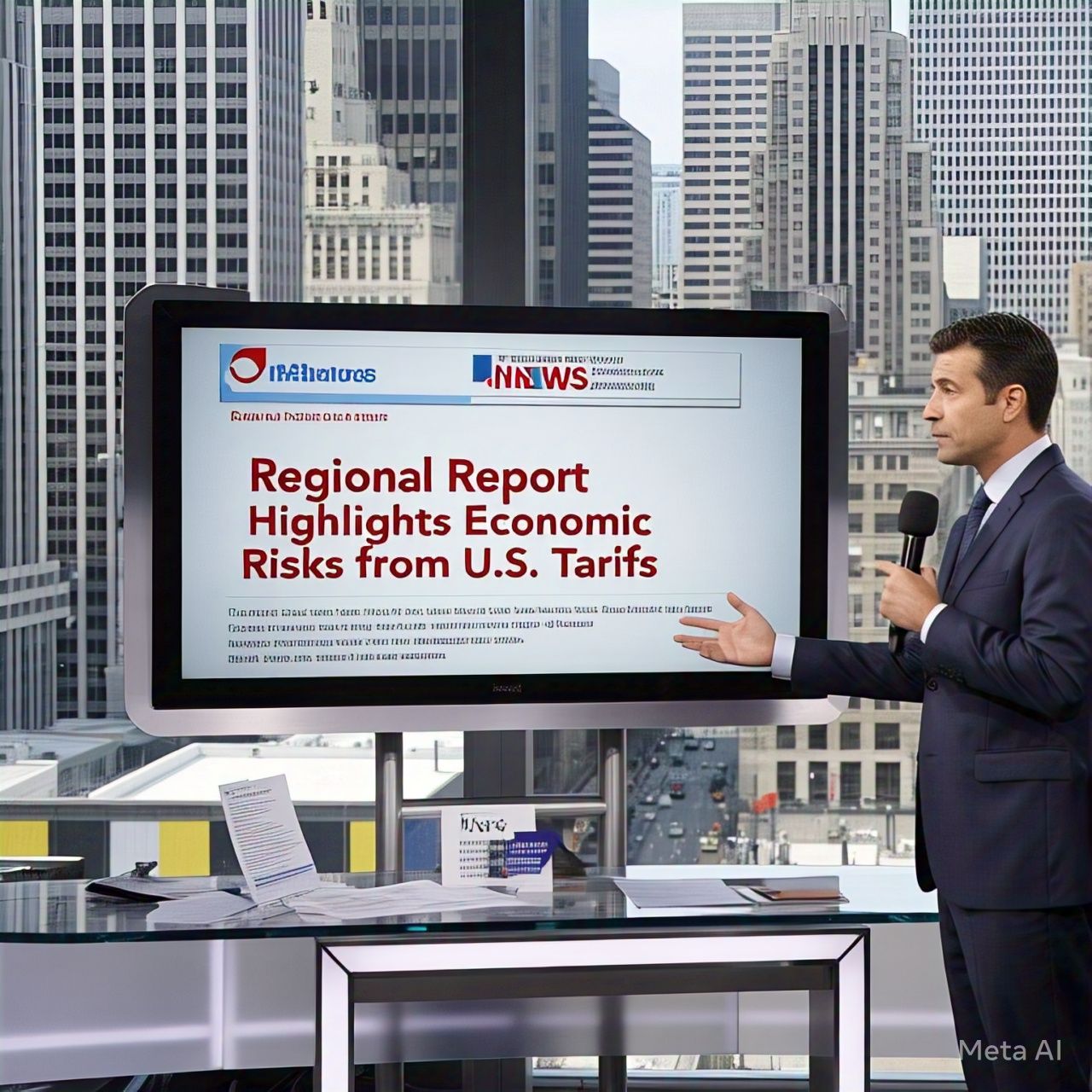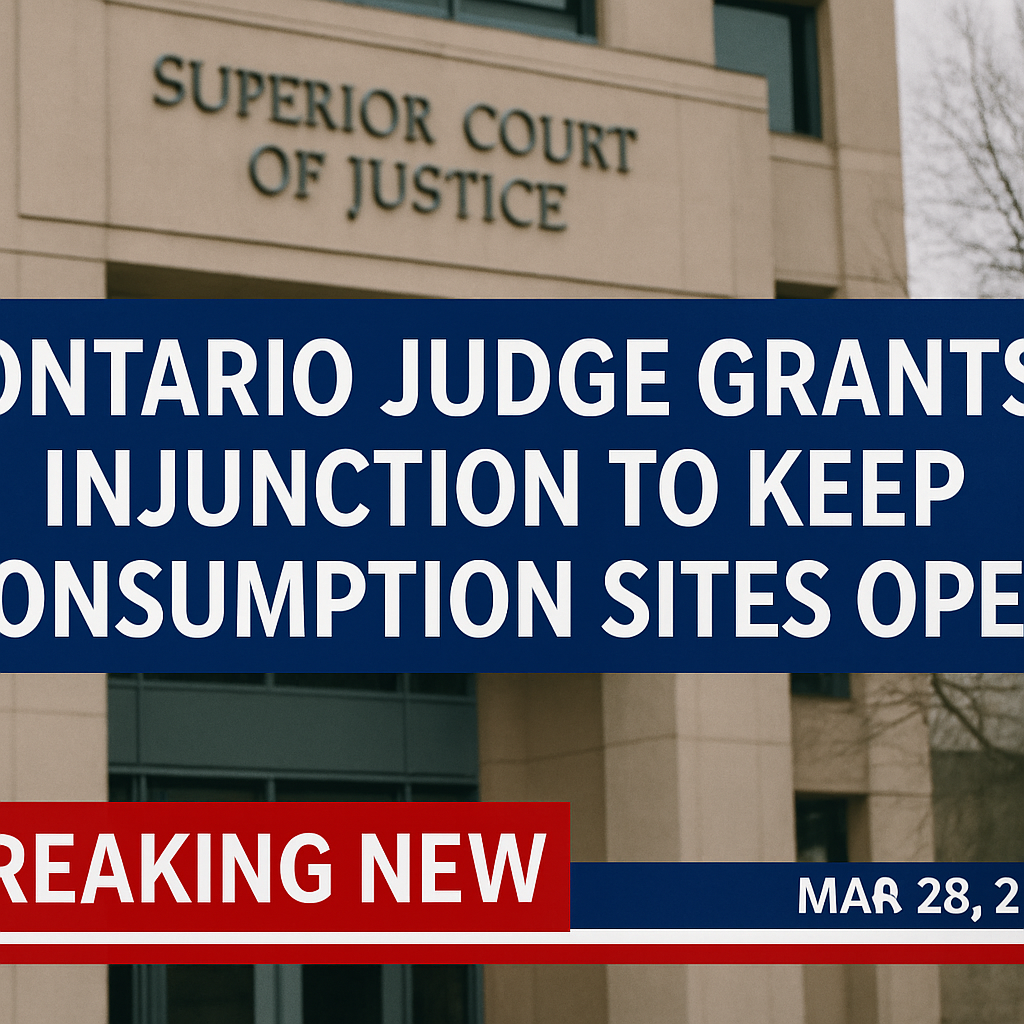A new report set to be presented to the Waterloo Regional Council’s Administration and Finance Committee on April 8 outlines the potential economic consequences of tariffs imposed by the current United States administration. The report emphasizes that these tariffs could negatively impact the local, provincial, and national economies.
According to the findings, approximately $165 million—or 9.7%—of the region’s $1.7 billion operating budget could be affected. Additionally, the tariffs could drive up the cost of capital projects by an estimated $16.5 million. The region’s capital budget for 2025 stands at $784 million.
In response, council had previously directed staff to explore changes to procurement processes aimed at supporting the “Buy Canadian” initiative. A separate report on those efforts is expected at a later date.
Ian McLean, President and CEO of the Greater Kitchener Waterloo Chamber of Commerce, spoke on The Mike Farwell Show, expressing concern over the uncertainty surrounding future U.S. tariffs and their potential targets.
“For us locally, uncertainty means investments, hiring decisions, and new contracts are all on pause,” McLean said. “It’s like we’re in suspended animation because no one knows what this actually means.”
While Canada was not directly targeted in the most recent round of tariff announcements, existing levies related to steel, aluminum, and fentanyl-related products remain in place. McLean warned that a global tariff strategy from the U.S. could have severe consequences.
“We need to support local businesses and the sectors most affected,” he added. “The next six to twelve months are critical. What steps can we take to keep our businesses and industries moving forward?”
To help mitigate the impact, the Business and Economic Support Team of Waterloo Region (BESTWR)—which includes representatives from the KW Chamber, the Cambridge Chamber, Communitech, and the Waterloo Region Economic Development Corporation—is actively developing strategies to assist industries in finding new markets and securing supply chains in response to the ongoing tariff challenges.


